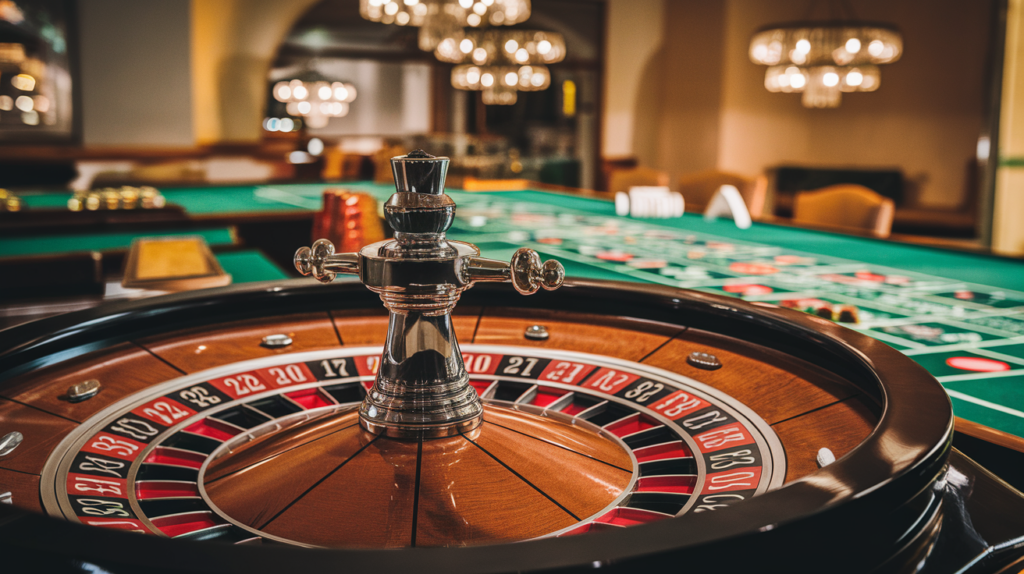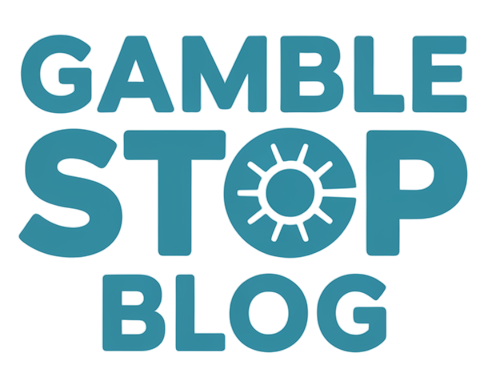How Gambling Addiction Develops

🎯 Introduction
No one starts gambling with the intention of becoming addicted. But over time, casual play can become compulsive behavior. Here’s how it happens — and what to watch out for.
🧠 The Psychology Behind the Habit
Gambling activates the brain’s reward system. Each win triggers dopamine, reinforcing the behavior. The unpredictable nature of gambling (wins and losses) makes it even more engaging — like a slot machine of emotions.
🔄 From Entertainment to Dependence
At first, gambling is fun. Then it becomes a way to deal with boredom, anxiety, or pain. When the brain starts associating relief with betting, it becomes a go-to coping strategy.
🚨 Signs It’s Becoming a Problem
You can’t stop thinking about gambling
You lie about how much you play
You’ve tried to quit — more than once
Your finances are suffering
You feel emotionally numb or stressed when not gambling
🛠️ What You Can Do
Acknowledging the issue is the first step. Seek support, talk to someone you trust, and avoid high-risk triggers. Even one honest conversation can start your recovery.
